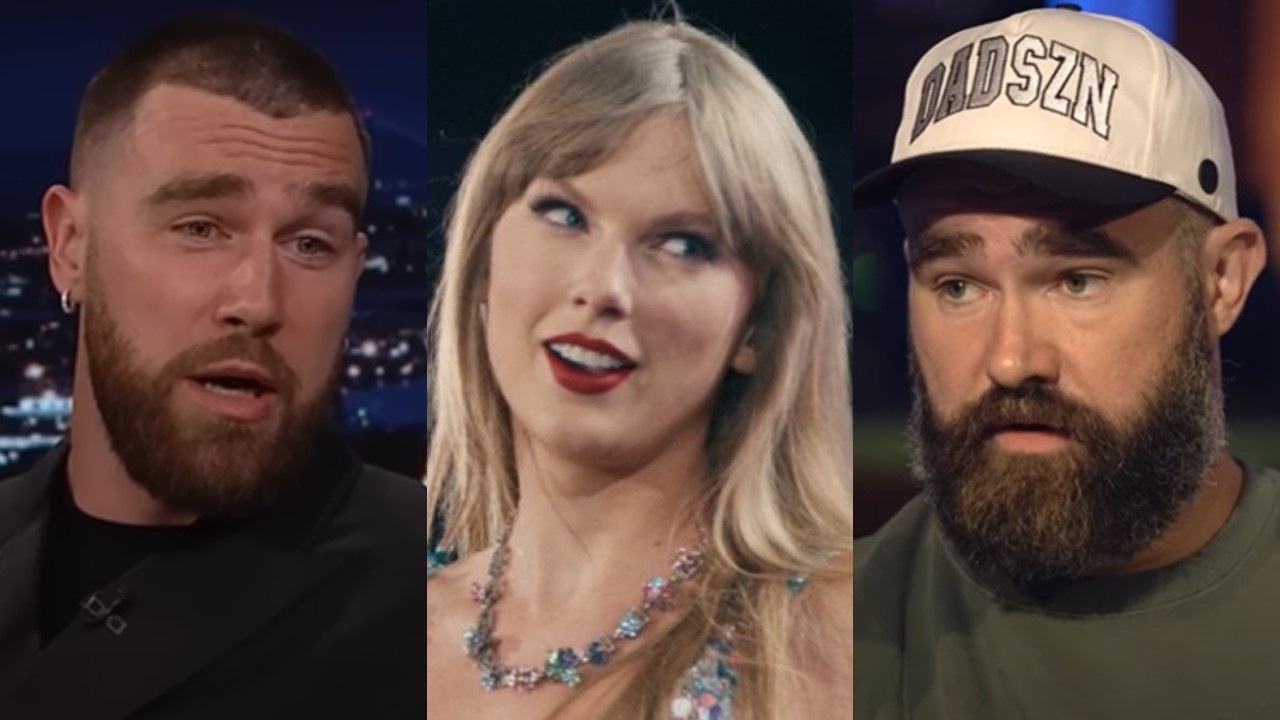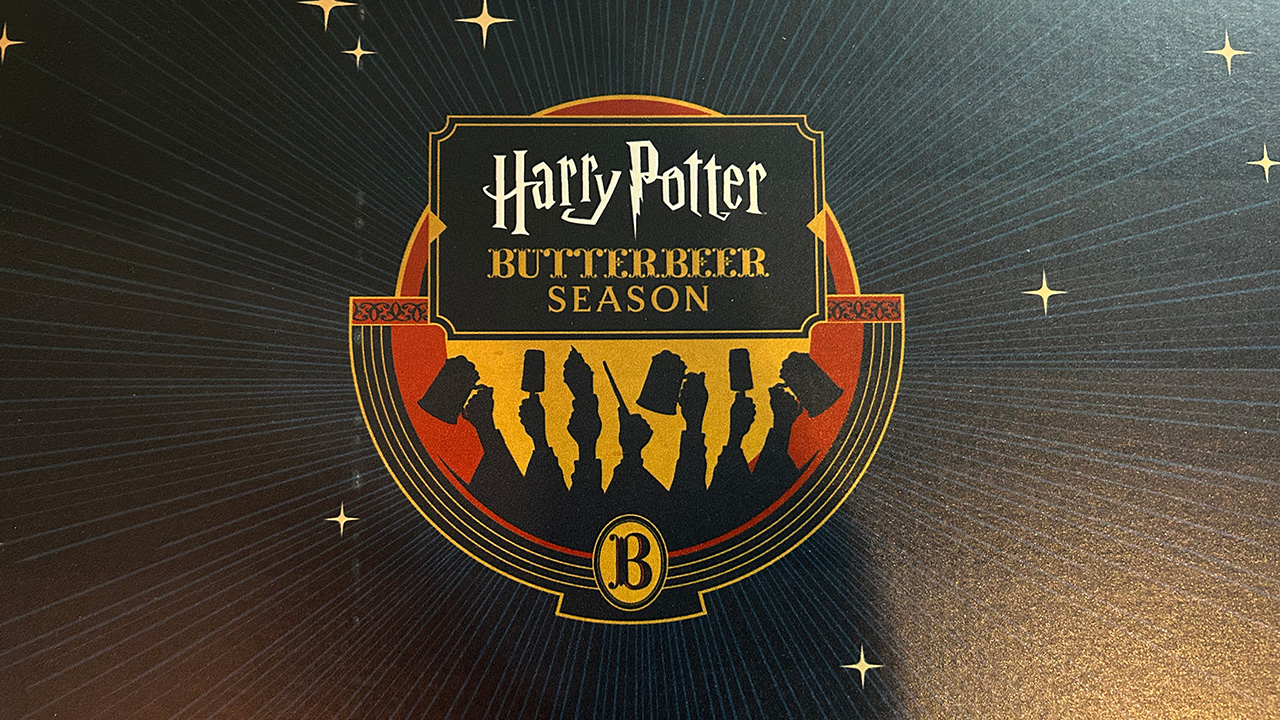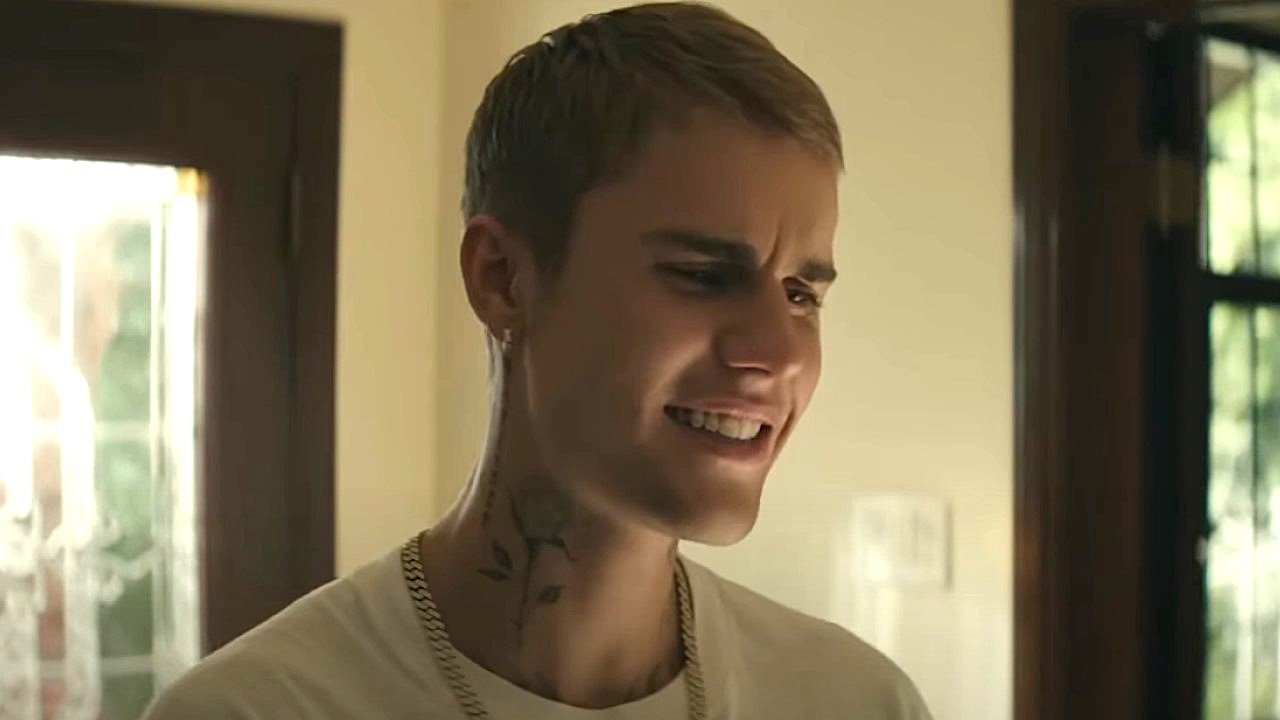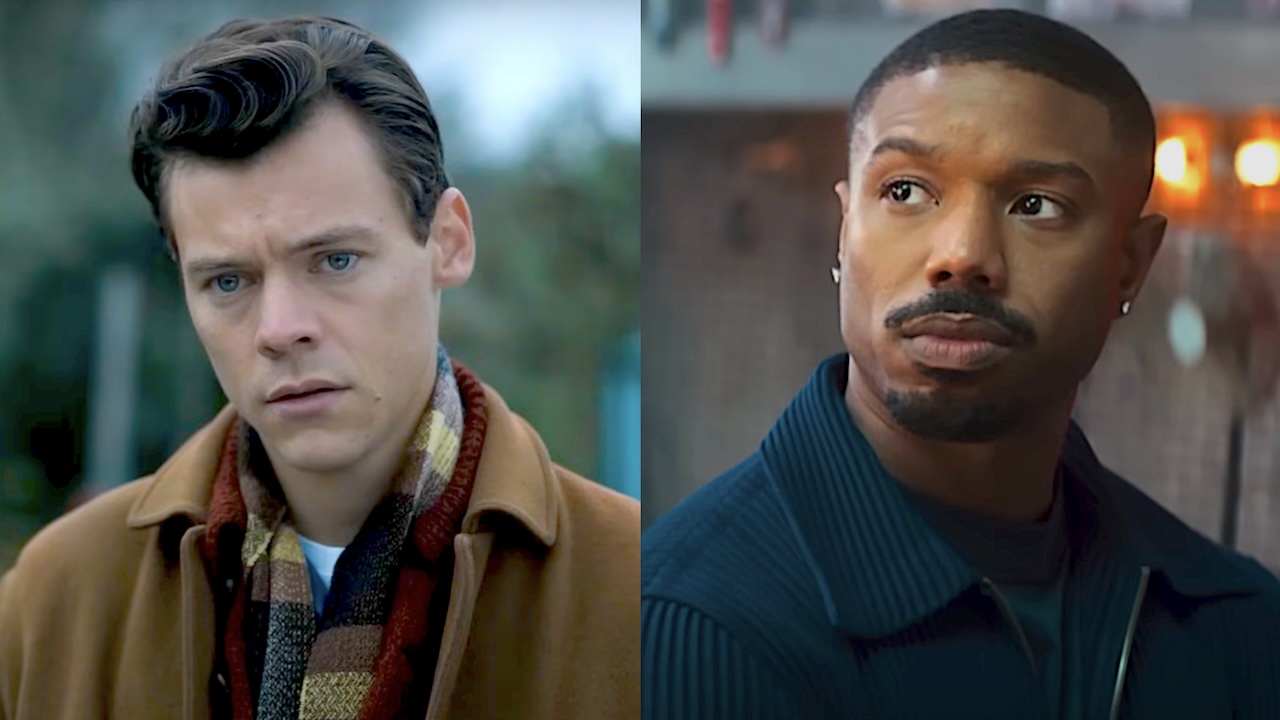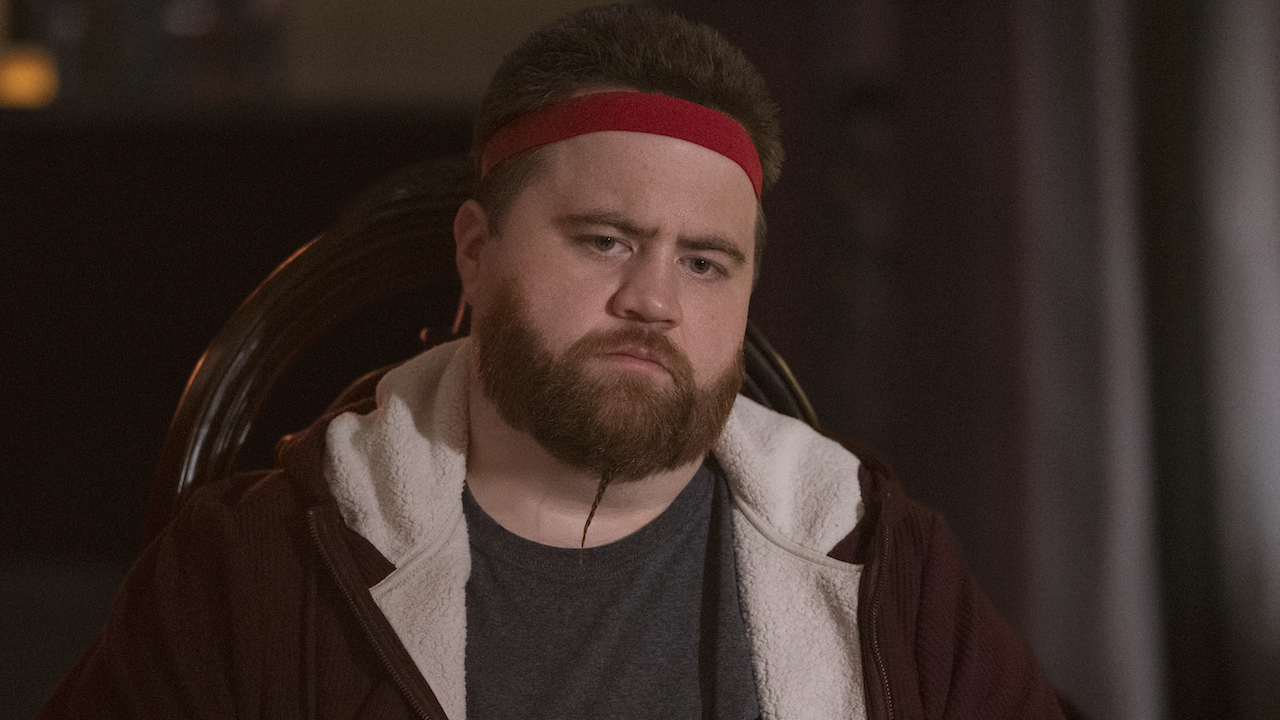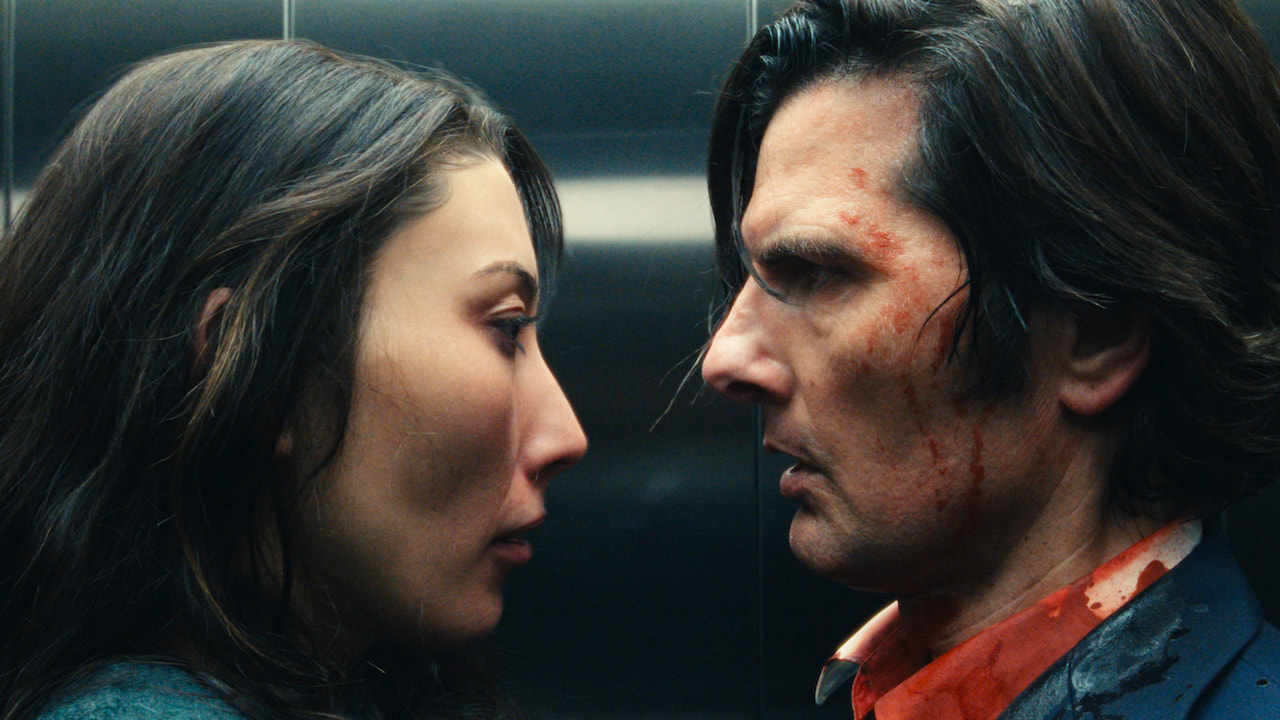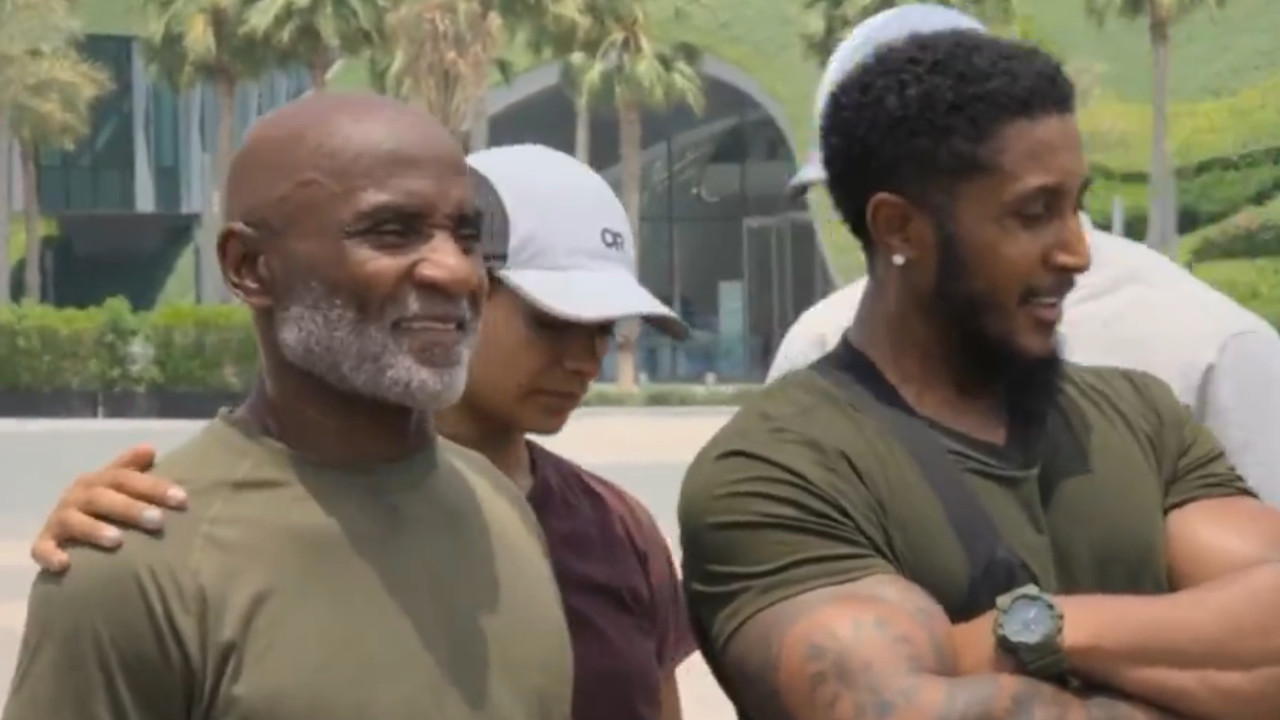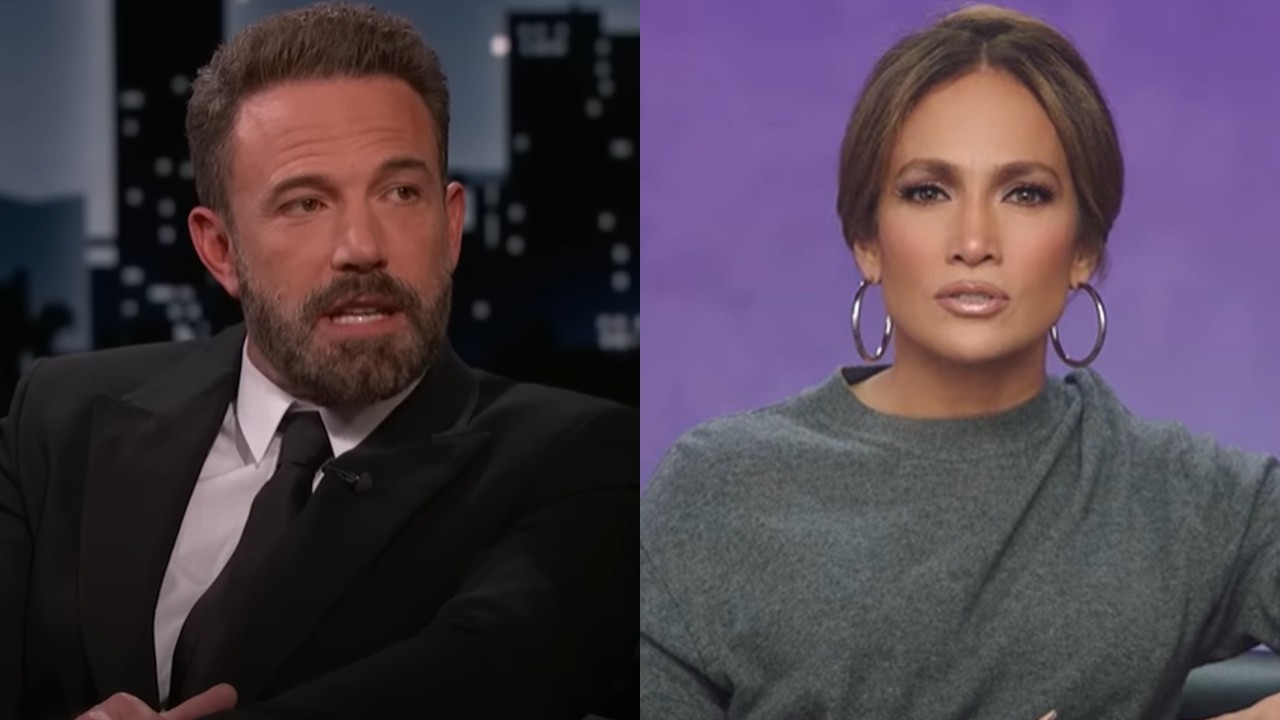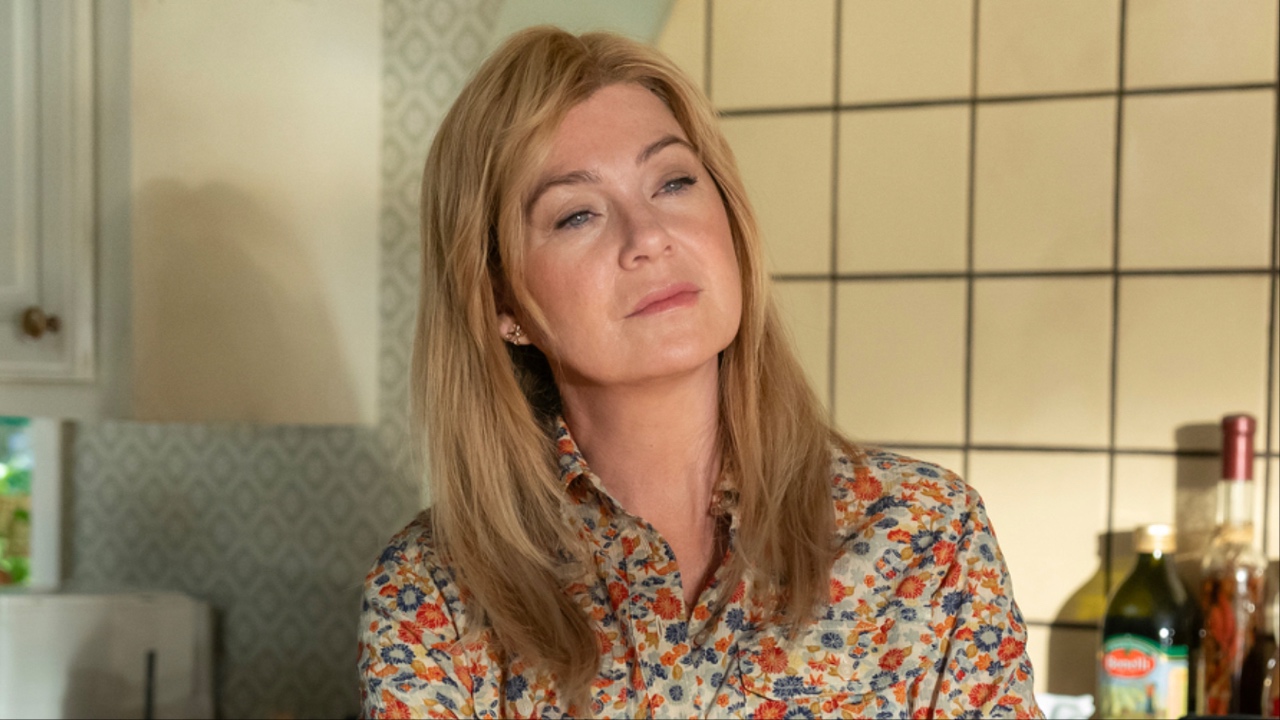Exclusive Interview: Cadillac Records Director Darnell Martin
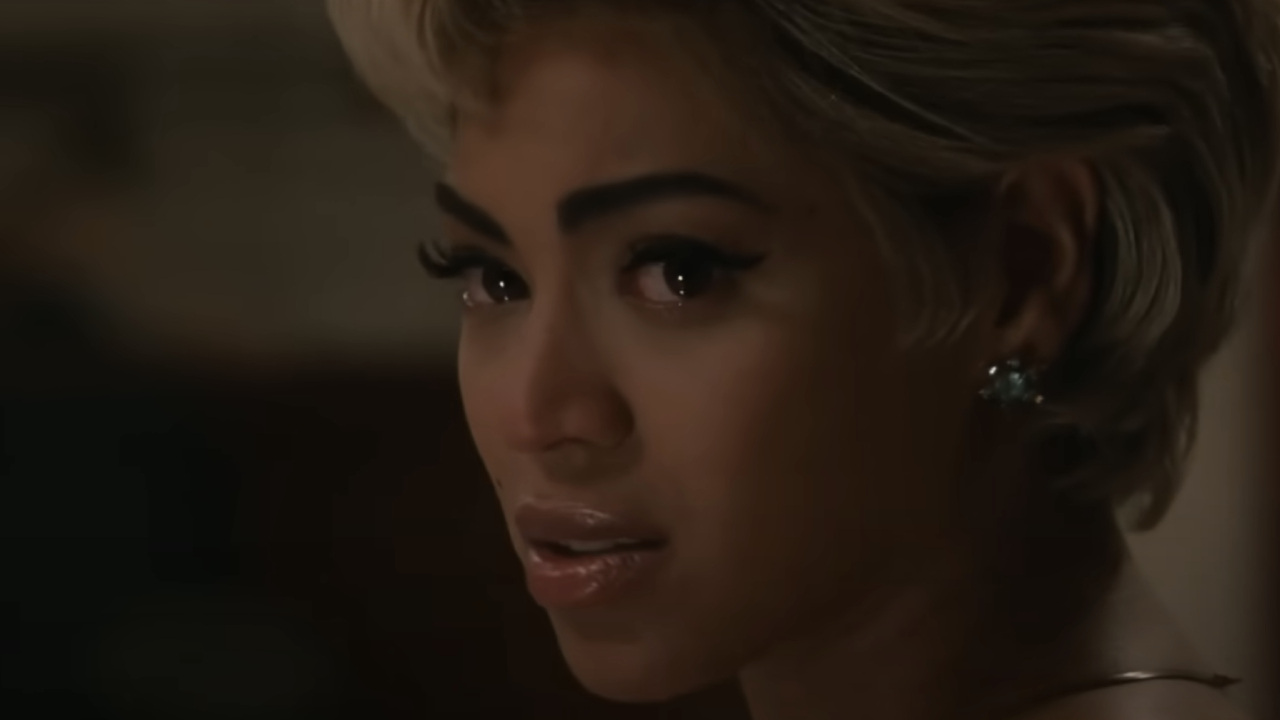
When Darnell Martin made her 1994 feature debut, I Like It Like That, she was the first African-American woman to direct a studio feature . Since then she's been largely absent from feature filmmaking, with the exception of 2001's Prison Song, and has directed episodes of TV shows like Law & Order and Grey's Anatomy. But 14 years after her debut, Martin is back to the big screen with Cadillac Records, her passion project about the birth of rock and roll starting with the bluesmen at Chess Records.
At an earlier press conference Martin, a tiny blond woman, got nothing but love from her actors, who include Jeffrey Wright, Mos Def, Columbus Short and Gabrielle Union. In a later one-on-one interview, she returned the love right back to them-- including effusive, no-bullshit praise for Beyonce, whom she calls an "angel." Read our exclusive interview with Martin on some of the most colorful characters behind the blues, the forgotten genius of Little Walter, and how it's humanly possible to de-glam Beyonce.
How did this project start, and what motivated you to do it?
I knew Sofia Sondervan from another project. She knew me as a writer-director, and they had wanted to do a kind of blues film.
Specifically Chess, or just about blues overall?
They had been talking about more of a Leonard Chess story. They pitched me that, and I said, eh, I'm not really interested in doing that movie. I said let me think about what I would be interested in doing. I started to get this story, this big story that I watned to tell about how the blues became popular music, how it affected civil rights. I started to get into this story about the musicians, how their lives together were kind of like these love stories. That really interested me.
Why make this a feature, since it had been so long since you made one?
CINEMABLEND NEWSLETTER
Your Daily Blend of Entertainment News
I think I wanted to boil it down to an essence. I knew it would be insanely difficult to do that, since it was a dinosaur. I thought there was a way in. I wasn't entirely sure when I first got there what the way in was. My first draft was 150 pages. I was in love with everybody. And it was all the absolute truth of everything. Then I said, OK, what is the absolute truth? Let's squeeze it down to this, and squeeze the absolute truth into that too. It became an ensemble piece. I used Muddy to take us all the way through, but it's really an ensemble.
How does the production change when someone as big as Beyonce signs on?
When you hear it, you get a little scared. 'I only have her for 6 days-- how is that going to happen?' How it happens is, everything you imagine this glamorous, iconic, becoming-a-legend woman, what you imagine she must be like to be on set is absolutely not true. She is the most down-to-earth, sunshine in my life, wonderful, incredible, easy, brilliant, excited about working, tireless...angel. She wants to throw away the glamour. When she saw herself in that scene in the bathroom, she screamed in delight. She was so happy to see that she really was that woman, she transformed herself. If she was just OK to work with, I would be like, "Oh, she was great, let's talk about something else." I can't tell you how wonderful this woman is. This is just the tip of the iceberg for her, for what she's going to do as an actor. She's so brilliant. She's so committed. She's so smart. She's so egoless.She was the first six days. She set the tone for the film.
That's an intense six days.
No it wasn't. It should have been, but it wasn't. When she left, I knew I had a film. I think it was day 3 I knew I had a film. On day 3! It was amazing. She just brought it.
Little Walter is such a cool character, but probably the least famous of the names from Chess Records. Why was it important to you to include him?
He's why I wrote the film. When I was doing all the research, these men were not contemporary to me. They were coming from plantations, a couple generations out of slavery. They knew how to work the white man. It was smart not to get arrested, not to get beaten up. It was a savvy. Whereas Walter, when I read his biography, he was like my father. That's what connected me emotionally to the film. He'd be in a car, the cops would pull him over, they'd want to be paid off and insult him, and he would just fuck with them. And I loved that. That was a contemporary black man for me. We're talking about a 17-year-old boy playing with 40-year-olds. He was a genius. He was a real child prodigy. He was doing incredible things, and taking Muddy on the ride of his life. No one was ever going to outplay Little Walter. You could say that B.B. King is better than Muddy, there's a whole list of arguments among guitarists. No one's better than Little Walter, hands down.
Staff Writer at CinemaBlend


